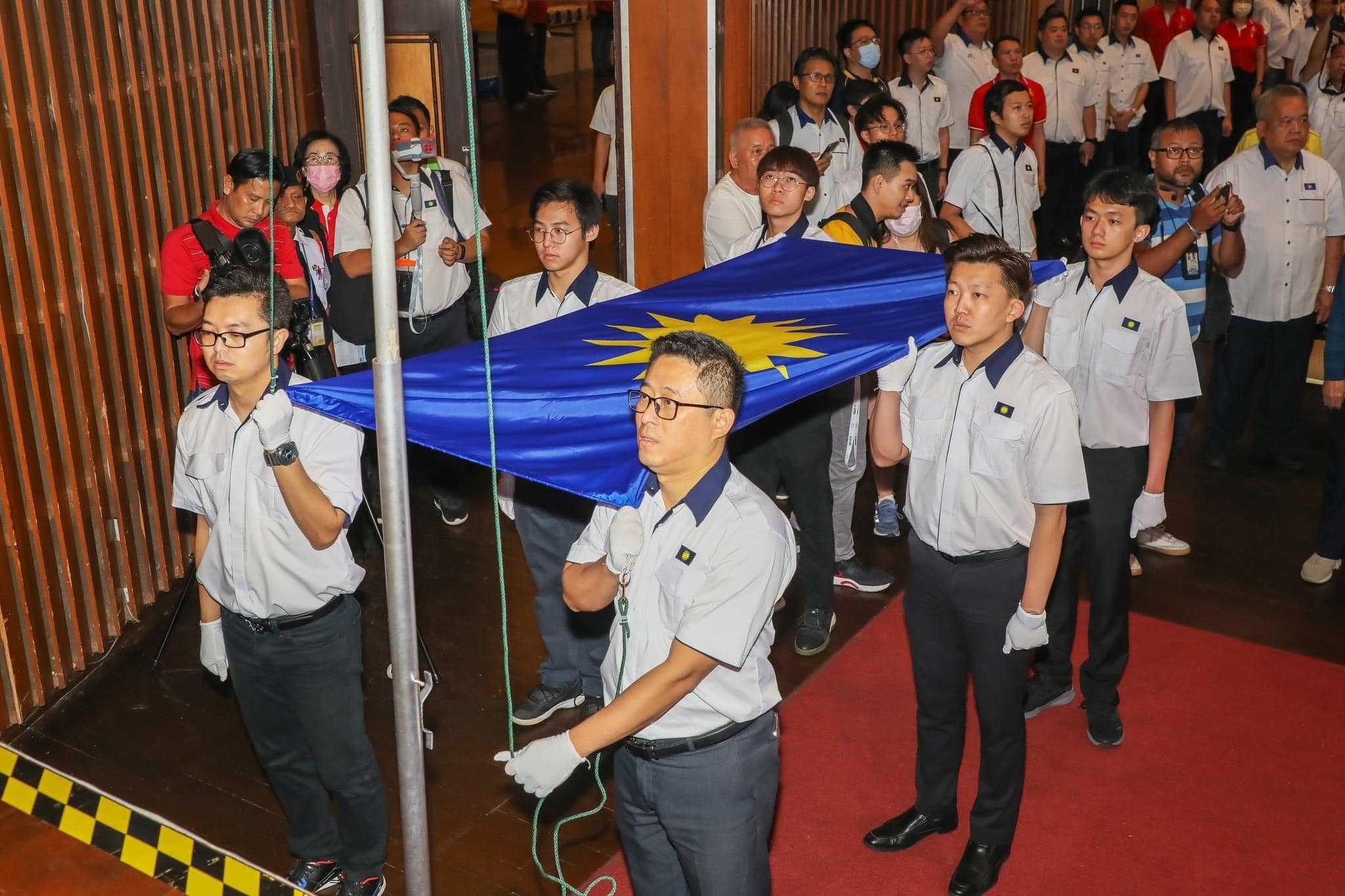Kuala Kubu Baharu by-election reveals frustrations of MCA, MIC in 'unity govt'
MCA and MIC leaders have gone against a call by senior Umno leaders who say Pakatan Harapan's candidate should be regarded as their own.
Just In
Analysts say the decision by two of Umno's long-time allies to stay out of Pakatan Harapan's (PH) campaign for the upcoming by-election in Kuala Kubu Baharu shows uneasy feelings among members of the so-called "unity government".
MIC and MCA, Umno's partners in the Barisan Nasional (BN) coalition, remain unconvinced by senior leaders from the Malay-based party who have urged them to consider PH's candidate as their own.
Today, MCA president Wee Ka Siong launched a stinging attack on DAP.
"After happily insulting MCA, now you want MCA to help campaign for DAP? Do you think MCA has no dignity or feelings, when my party members are insulted by DAP leaders, should I, as the MCA president, remain silent?" Wee said, in a response to an earlier statement by DAP secretary-general Anthony Loke.
Loke, appearing on the Keluar Sekejap podcast recently, said MCA is a party of "tawkehs" which does not care for the people's interest.
Observers see MCA and MIC's refusal to campaign for DAP as the result of the "cold treatment" given to the two parties, which have struggled for more than a decade with a lack of support from their traditional Chinese and Indian vote banks.
Mazlan Ali of Universiti Teknologi Malaysia said that "marginalisation" was to blame, adding that the current power-sharing agreement between PH and BN had only benefited Umno.
"This is due to the dominance of DAP as a non-Malay party in the unity government," he told MalaysiaNow.
MIC has called for a BN candidate to represent the government in Kuala Kubu Baharu, a state seat in the Hulu Selangor parliamentary constituency.
The seat, where almost half of the voters are non-Malays, was won by DAP at the state election last year with a majority of 4,119 votes.
MCA, for its part, has refused to participate in the campaign for the by-election, scheduled for May 11.
Mazlan said Umno had succeeded in gaining control of key ministries despite similar rejection by its traditional vote bank.
"This was not the case with its partners MCA and MIC," he added.
It had been common practice for MCA and MIC leaders to be given important ministry portfolios such as health, transport, human resources and technology.
These portfolios are now held by PH ministers, including the transport ministry – a major powerhouse which is under the control of Loke, the DAP secretary-general.
Political researcher Anis Anwar Suhaimi said MIC and MCA viewed DAP as their main enemy due to their conflict in predominantly non-Malay constituencies.
"The parliamentary framework in the country makes these two blocs natural enemies," said Anis, a chief researcher at O2 Research which has conducted field studies to measure political sentiments.
He said this was not the case with Umno and PH, where cooperation is complementary to rural and urban politics as well as the divide between Malays and non-Malays.
He said the stance taken by MIC and MCA was a message that any cooperation between BN and other coalitions should aid BN in regaining its former glory, not simply use it as a tool to form a government.
"If the candidate belongs to a party other than BN, campaigning and other efforts will not be considered as adding any value."
He said the rift between the parties in government also indicated that Umno had failed to apply a strategy to ensure cooperation with PH.
He said Umno had so far only focused on strengthening itself by securing key ministries.
"This is also the case when decisions are made without consultation and discussion in the BN Supreme Council.
"This shows the non-Malay voters that MCA and MIC are not as important as DAP in the current collaboration," he said.
Subscribe to our newsletter
To be updated with all the latest news and analyses daily.
Most Read
No articles found.



